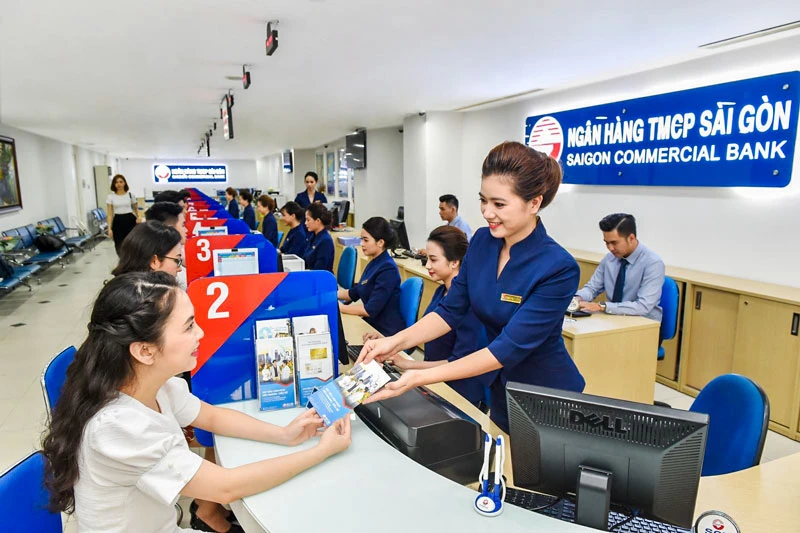
However, to maintain this status, it is necessary to create more effective and functional policies to continue to attract these and more remittances in coming years. Saigon Investment held a talk with Mr. Nguyen Tri Hieu, PhD, and a banking and finance expert, to discuss this issue in detail.
JOURNALIST: - Many people have forecast that remittances to Vietnam in 2019 will be around USD 16.7 bn, up by 4.6% since last year, and maybe Vietnam will continue to be among the top ten countries with the largest flow of remittances. In your opinion, what is the reason that Vietnam attracts so much remittance?
Mr. NGUYEN TRI HIEU: - The growth of remittance in Vietnam is firstly due to a stable Vietnamese currency. This attracts foreign currency flow into Vietnam which is then converted into Vietnamese dong for spending or investments. The second reason is that foreign workers and overseas Vietnamese are getting much higher salaries and wages now, so there is an increase in foreign currency being sent to Vietnam for their family and relatives. The third reason is that the number of workers and overseas Vietnamese across the world are now in abundant numbers, and also the number of workers going abroad as labor is increasing.
These are favorable factors that have driven the growth of remittances over the years. In addition, the Government has many policies that create favorable conditions for businesses, and the business environment is more open now, while procedures have been simplified, and there is an increased confidence in the market, all of which have helped in attracting overseas Vietnamese to transfer money to their relatives for their work and for their daily livelihood.
- Sir, there has been a concern that if the US Federal Reserve (Fed) raises the interest rate it will affect the flow of remittances from the US, however remittances have increased steadily over the past years, so do you think remittances will continue to increase next year as well?
- When the Fed lowered the interest rate, all deposit rates also decreased in the US financial market, so overseas Vietnamese were inclined to transfer money to Vietnam for investing. This is also the reason for an increase in cash flow. However, the Fed did not decrease interest rate much, only 0.25%, therefore, the motivation for workers and overseas Vietnamese to send money back home was not affected by the Fed's interest rate reduction, but due to factors I mentioned above.
If the Fed reduces interest rate again in 2020, it will still not be the main motivation for attracting remittances from the US market. Overseas Vietnamese send money back home because they have faith in the Vietnamese dong, and they believe that business investment activities in Vietnam are more favorable now, due to a stable currency, not because of interest rate.
- In your opinion, if we exclude the above mentioned favorable factors, what other policies does Vietnam need to attract more remittances in coming times?
- Remittances are a source of foreign currency in Vietnam which comes from individuals residing abroad. The relatives of these individuals in Vietnam receive the foreign currency and depend on it for their basic needs for spending or investing in small businesses. This source of remittance, compared to other funding sources, has many advantages. First, the amounts are proportionately large and second they are a source of non-refundable money that helps Vietnam to gather more stable foreign currency revenue and increase its national foreign exchange reserves.
However, the source of remittances is still unstable. An increase or decrease at source depends on individual decisions by Vietnamese living abroad, while the Government borrowing or foreign investment has a clear and concrete plan. So, to attract remittances, the economy must first remain stable, exchange rate policy must be stable, financial market must be sustainable which includes securities market to foreign exchange, gold, real estate, and banking. All this creates confidence in the minds of overseas Vietnamese to remit money.
Secondly, Vietnam needs more investment opportunities. When opening up investment opportunities, the Government needs to popularize its policies through all channels such as embassies and consulates abroad. The Committee for overseas Vietnamese needs a contact office where the Vietnamese diaspora can receive advise and support in business and investment, which will result in faith in Vietnam’s policies and lead to an increased amount of remittances sent to Vietnam.
- Thank you very much!




















